(ESP/ENG) UN POQUITO DE MAR (I) / A LITTLE BIT OF SEA (I)
¿Qué es navegar?
Navegar es la acción de desplazarse de un punto de origen a otro de destino, desde una costa a otra, o a lo largo de la misma. Para poder hacerlo es fundamental conocer en qué punto exacto se encuentra el barco en un momento de tiempo específico (posición) y la dirección que hay que seguir (rumbo) en un intervalo de tiempo específico (derrota).
What is sailing?
To sail is the action of moving from a point of origin to a point of destination, from one coast to another, or along the same. In order to do so, it is essential to know the exact position of the ship at a specific point in time (position) and the direction to follow (course) in a specific time interval (track).
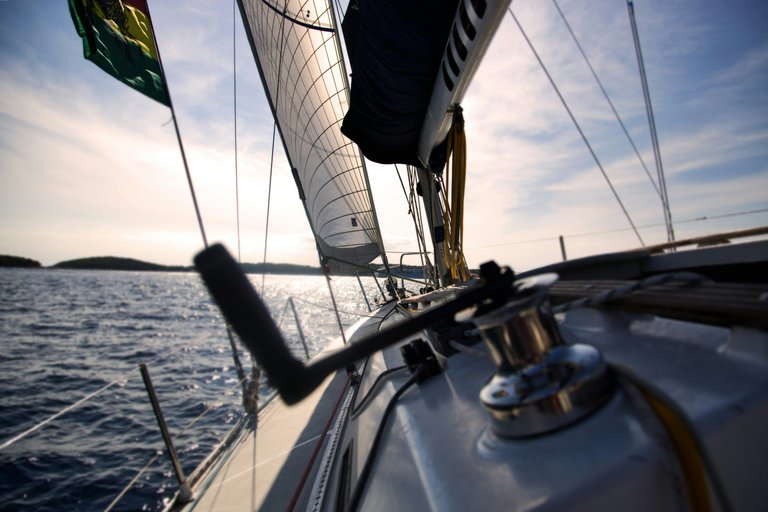 Velero navegando / Sailing boat
Velero navegando / Sailing boat
Sus orígenes se deben a la necesidad de los humanos por expandirse, explorar y descubrir nuevos mundos más allá de los límites ya conocidos.
Para poder conocer la posición de un barco, los humanos comenzaron a fijarse en el territorio. Empezaron a observar qué era aquello que les rodeaba y les situaba en un lugar concreto. Todo ello a través de los puntos de costa en la tierra y de los planetas y astros en el cielo.
Its origins are due to the need of humans to expand, explore and discover new worlds beyond the known boundaries.
In order to know the position of a ship, humans began to look at the territory. They began to observe what was around them and where they were located. This was done through the coastal points on land and the planets and stars in the sky.
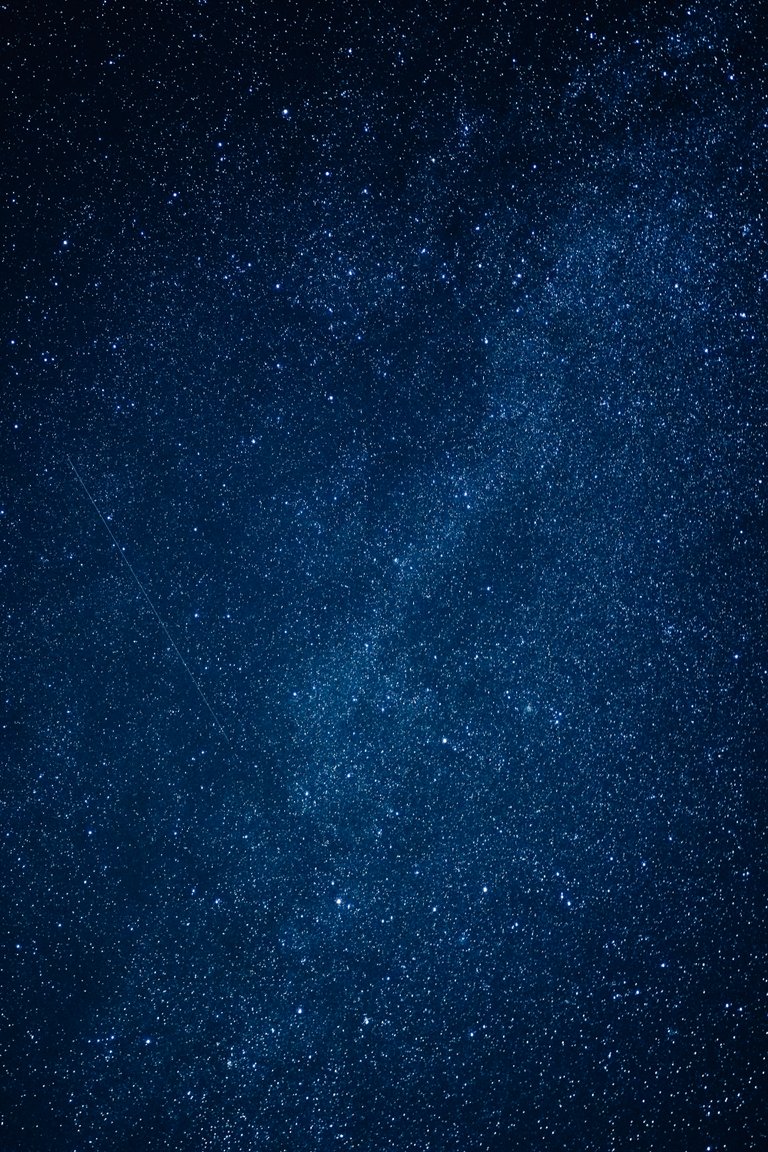 Cielo nocturno / Night Sky
Cielo nocturno / Night Sky
En los principios, esta observación de la tierra y las estrellas se hacía únicamente de forma visual, y esto llevaba a cometer errores destacables. Con el paso del tiempo la evolución ha sido acertada, y una observación más exacta fue posible gracias al descubrimientos de variedad de herramientas que incluso a día de hoy cantidad de capitanes llevan a bordo, como por ejemplo el sextante, el astrolabio, el cronómetro, etc. También existen dispositivos más modernos, ya descubiertos en el siglo XX, como los radares o los GPS.
In the beginning, this observation of the earth and the stars was only done visually, and this led to significant errors. Over time, the evolution has been successful, and more accurate observation was made possible by the discovery of a variety of tools that even today many captains carry on board, such as the sextant, the astrolabe, the chronometer, etc. There are also more modern devices, already discovered in the 20th century, such as radar and GPS.
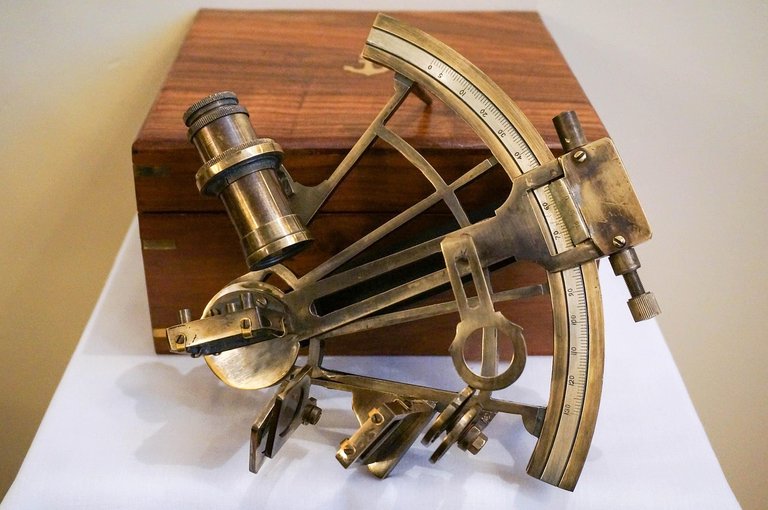
Y con todo esto, ha sido posible trasladar, de un modo más fiable, todas esas observaciones obtenidos de representaciones imaginarias sobre un papel, portulanos y cartas náuticas, o incluso a la pantalla de un ordenador.
And with all this, it has been possible to transfer, in a more reliable way, all those observations obtained from imaginary representations on paper, portulan and nautical charts, or even on a computer screen.
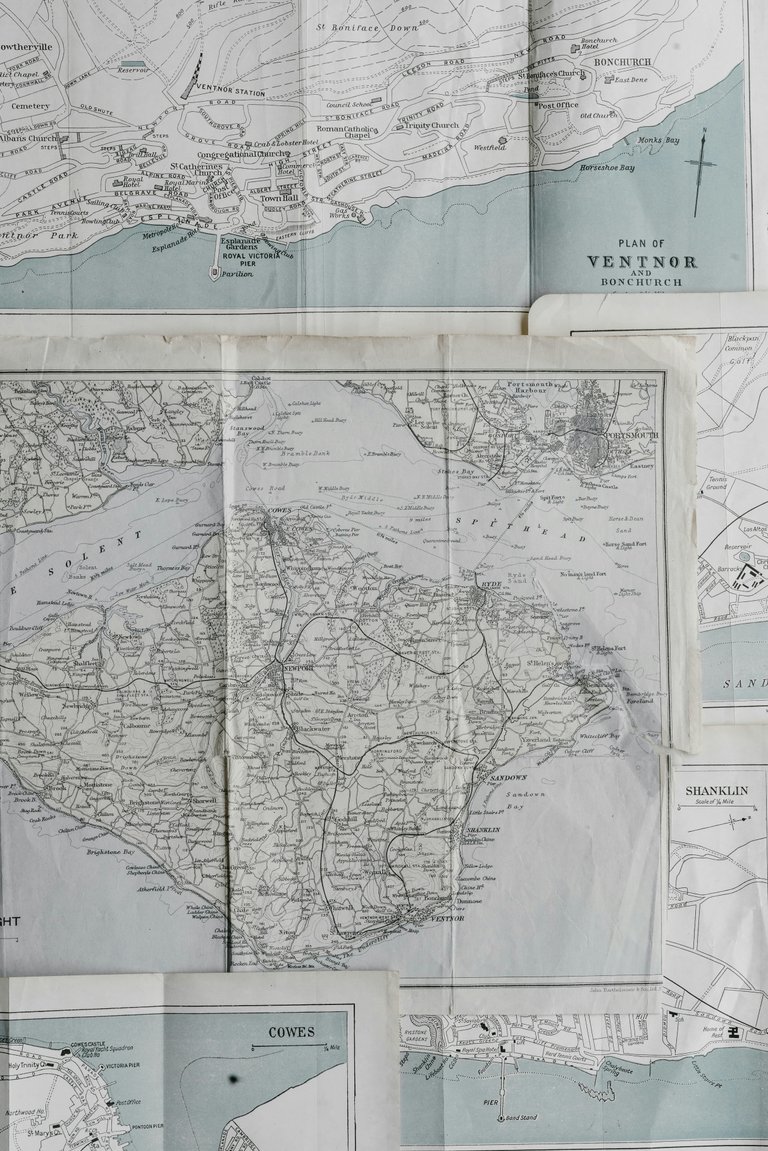 Carta náutica / Nautical chart
Carta náutica / Nautical chart
Este texto ha sido creado por un humano, sin utilizar la IA. Las imágenes son propias u obtenidas de bancos de imágenes sin derechos.
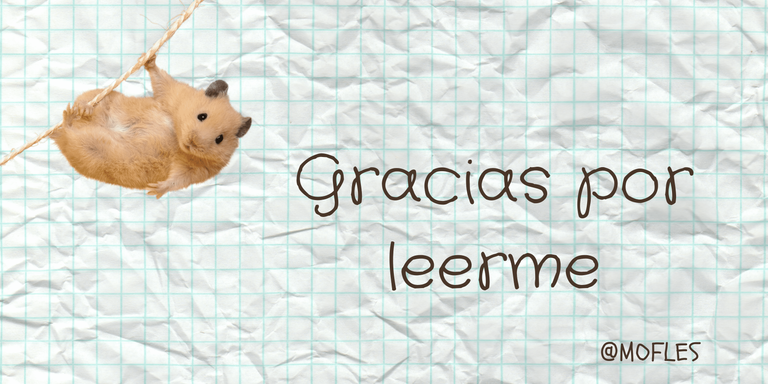
Muy bueno!!👍
THANKSSSS PIZZAAAAA!!!
Thank you for posting in the Ecency community
Sending you Ecency points ♥️
Congratulations @mofles! You have completed the following achievement on the Hive blockchain And have been rewarded with New badge(s)
Your next target is to reach 300 replies.
You can view your badges on your board and compare yourself to others in the Ranking
If you no longer want to receive notifications, reply to this comment with the word
STOPView or trade
LOHtokens.@mofles, You have received 1.0000 LOH for posting to Ladies of Hive.
We believe that you should be rewarded for the time and effort spent in creating articles. The goal is to encourage token holders to accumulate and hodl LOH tokens over a long period of time.